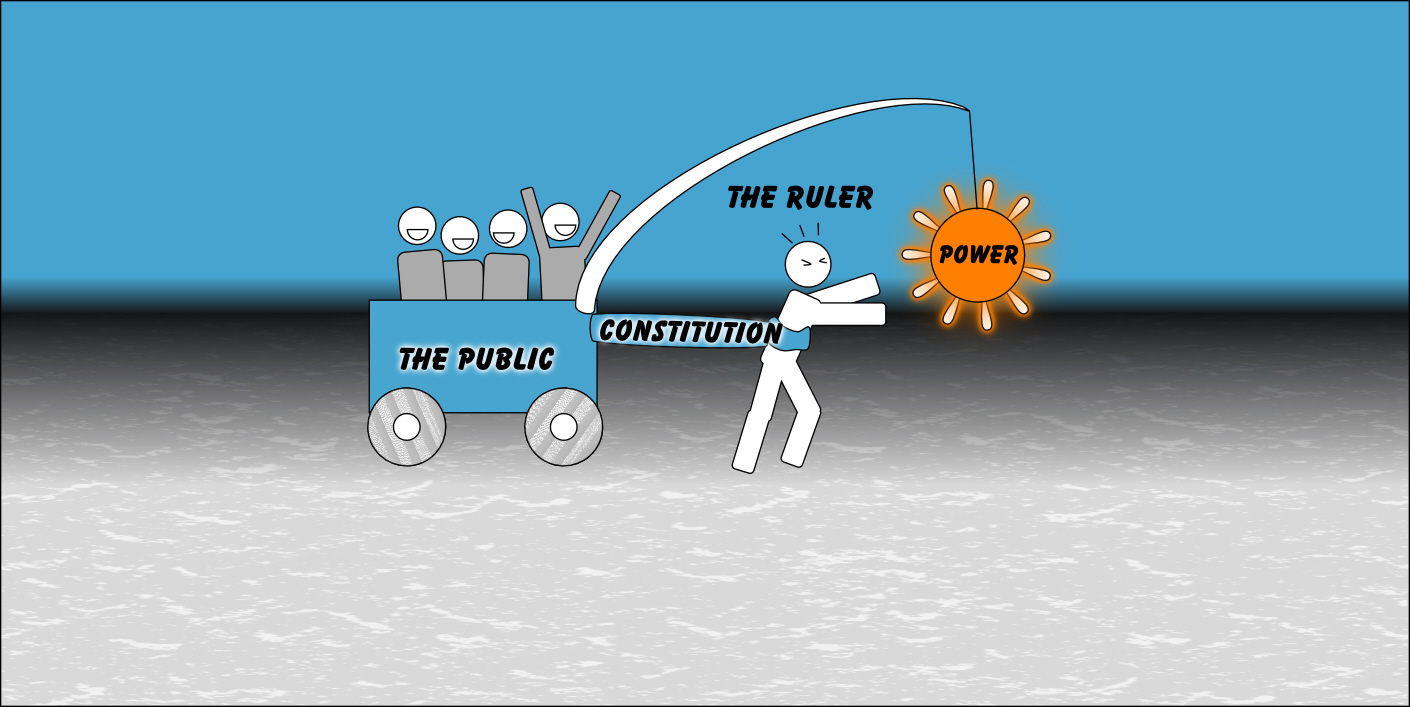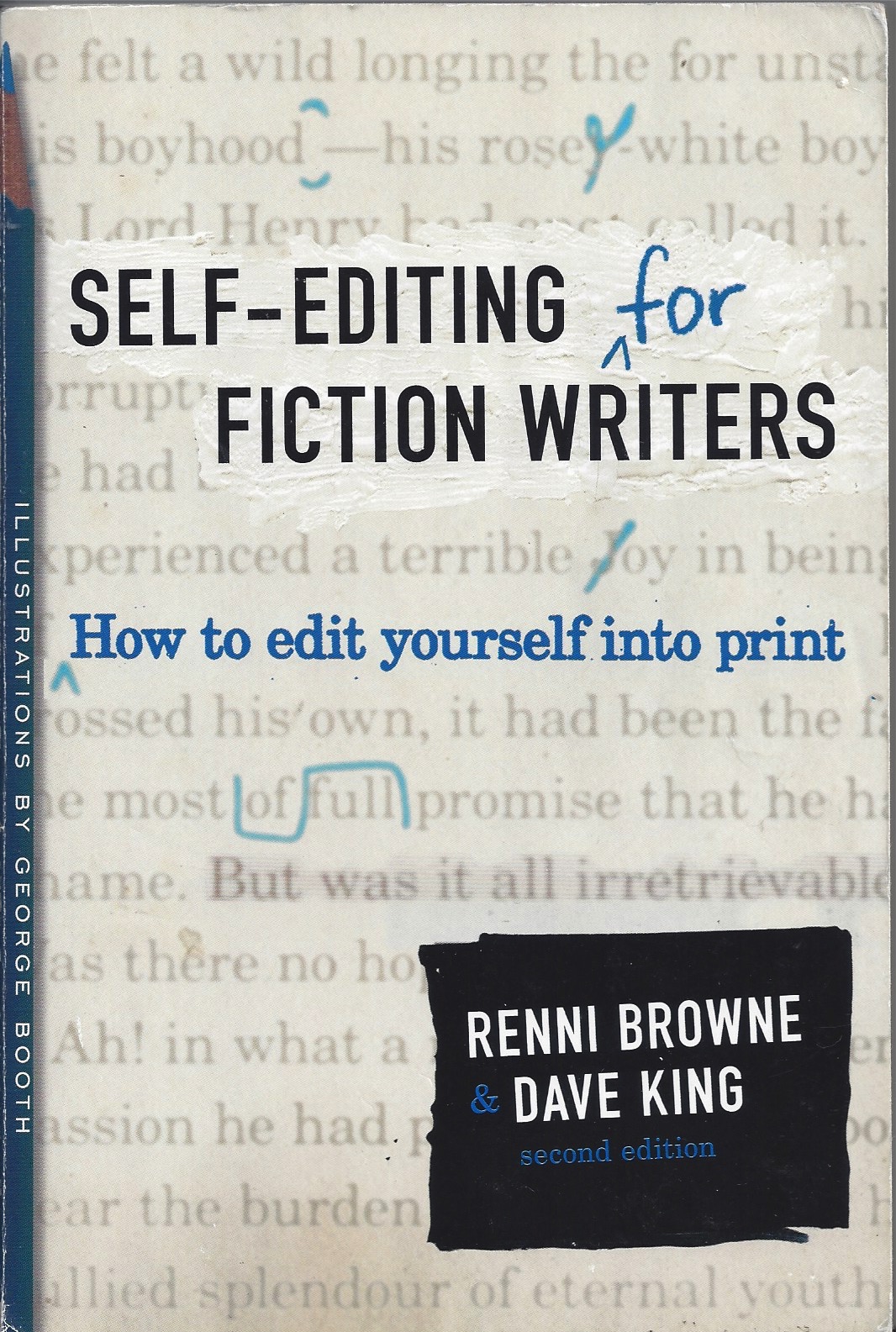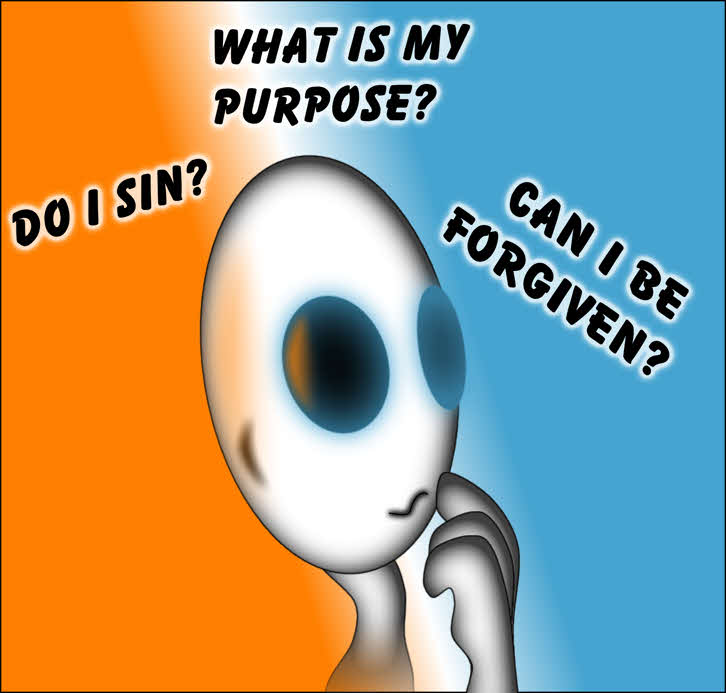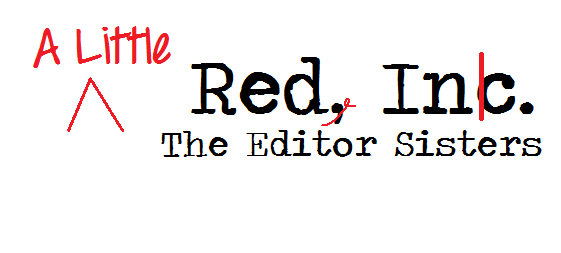
Writer Encouragement
Just A Writer
Do you ever feel like “just a writer?” “Just” a wannabe author? “Just” a wordsmith who spends hours inventing…
September 24, 2015
Do you ever feel like “just a writer?” “Just” a wannabe author? “Just” a wordsmith who spends hours inventing…
September 24, 2015
The people in your world need governance. I’m sorry. I wish I could make it untrue, but a believable…
September 5, 2015
How many of you are reading this article under protest? “I don’t write romances,” you say. Well, you might…
August 28, 2015
What is it about a story that makes it compelling? Is it the characters? Is it the plot? Is…
August 17, 2015
I used to write for VeggieTales, and if you’re familiar with the antics of Bob the Tomato and Larry…
August 6, 2015
Atheists believe all creatures evolved over countless millennia of bloodshed, allowing only the fittest members of a species to…
July 3, 2015
Everybody wants something. Why do YOU want to write, for example? Maybe you want to write a book for…
June 12, 2015